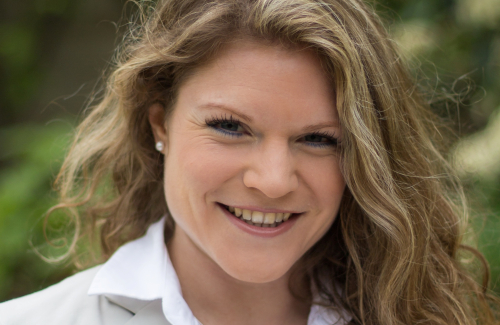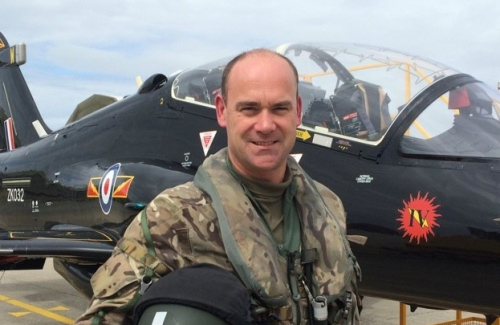More Pembroke news
Laurence Wroe Receives Laidlaw Scholarship
NEWS |
We are delighted to report that Pembroke student Laurence Wroe (MPhys Physics, 2014) has been offered a place on the Laidlaw Scholars Undergraduate Research & Leadership Programme. The scholarship has two main components: an original research project and an innovative leadership development programme. It is delivered through six high ranking UK Universities, including the University of Oxford.
We caught up with Laurence to find out more about his research proposal. His project aims to determine and compare the failure modes of medical linear accelerators (LINACs). These complex, intricate machines are most commonly used for external beam radiation treatments for cancer patients.
LINACs are the superior technology for delivering external-beam therapy, however, owing to economic, social and infrastructural factors, other technologies are more common in low-and middle-income countries. In his research, Laurence will compare failure modes in both high-income countries and low- and middle-income countries, with a focus on the UK and Africa.
Laurence commented:
‘I was really pleased to find out I had been offered the Laidlaw Scholarship. The project has never been studied before and has the potential to have a direct impact on the future of cancer care in low income countries. The programme also has a leadership component to it and this, combined with an interesting and exciting project, will be a great experience.'
Laurence will study six LINACs in the John Radcliffe hospital in Oxford, determining a method of analysis by studying their data output. Through strong links with medical physicists in low-income countries, Laurence will have direct contact with medical physicists in countries including Ghana, Tanzania and Botswana as well as others. He will gather data from these countries, and visit centres first hand in order to compare the condition of those machines to the Oxford LINACs.
He hopes that this study will provide an insight into why and how LINACs fail. The results could potentially have a great impact in changing the direction of projects currently tackling the challenging task of improving radiotherapy care in low-income countries and ultimately improve the treatment of cancer patients in deprived areas of the world.

